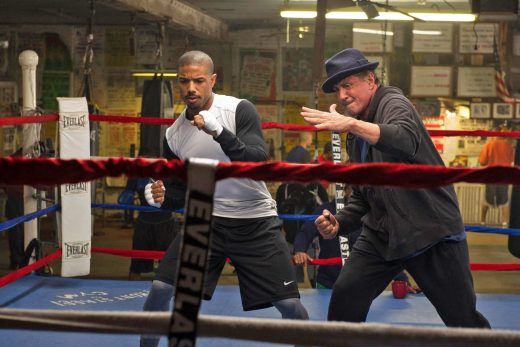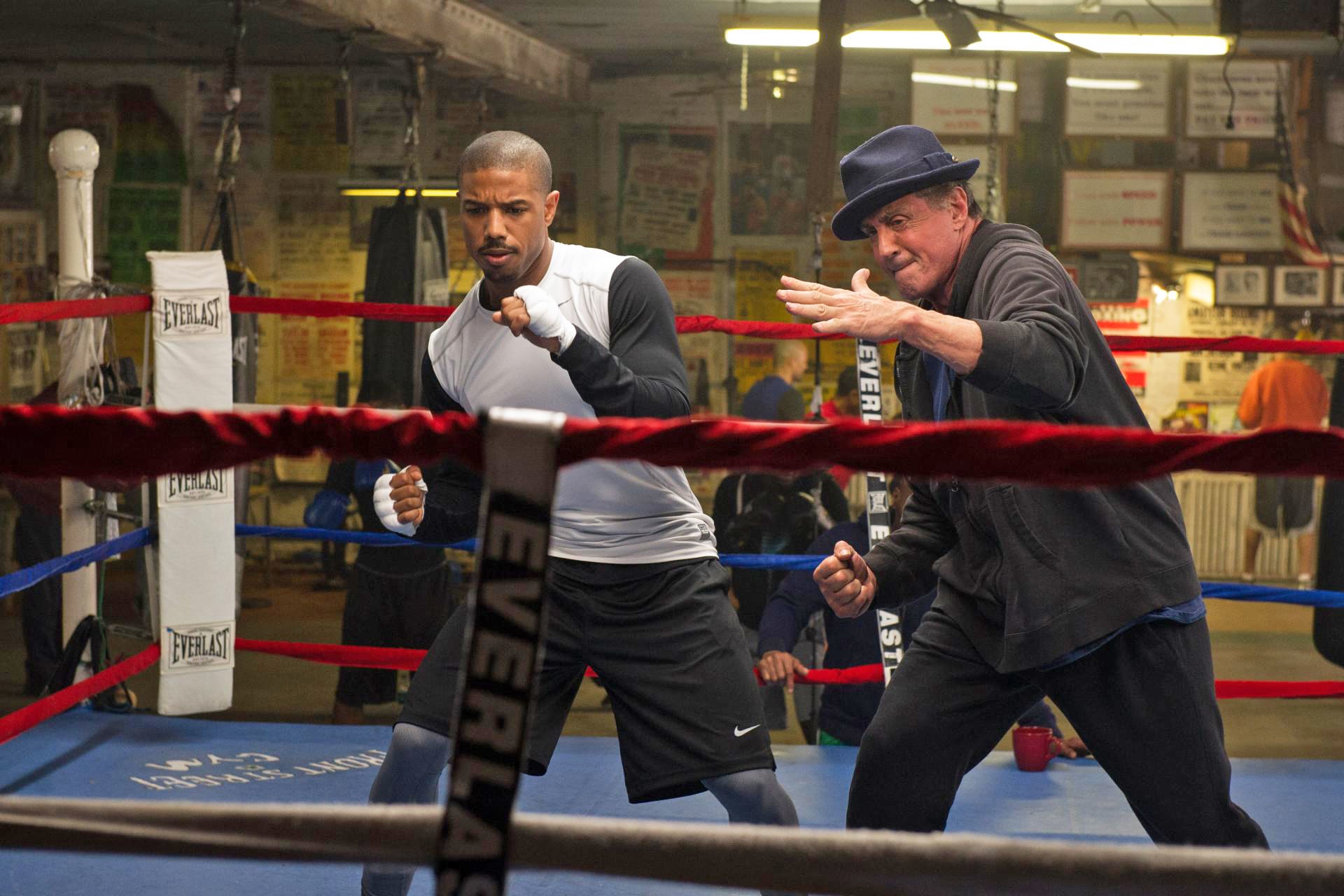Wannabe screenwriters: Maybe don’t tweet your movie idea
If Twitter existed in the ’70s and Sylvester Stallone used it, he may have ended up a nobody while someone like Burt Reynolds starred in Rocky. A judge dismissed a lawsuit by little-known actor Jarrett Alexander, over an idea he tweeted to Stallone in 2012 about the concept for a movie he called Creed. However, the court ruled there’s no proof Stallone or director Ryan Coogler ever saw the tweets, and even if they did, never agreed to anything with Alexander.
Alexander’s title, Creed, and story about the rise of Apollo Creed’s son certainly line up with parts of the film. However, Coogler said he independently came up with the the film, and the plot is substantially different. For instance, Alexander’s concept had the younger Creed taking on Russian baddie Ivan Drago’s offspring in a mixed martial arts storyline.
Alexander wrote a script, copyrighted it and created a fairly elaborate pitch reel using scenes and characters from earlier films, then posted it on “creedmovie.com.” He claimed that Stallone, a Twitter user with 2.6 million followers, “must have seen his copyrighted materials and ideas,” because Alexander (who has 79 followers) submitted links to his Twitter handle and website, the lawsuit states. He did so, he said, “with the understanding, derived from long-standing industry custom, that he would be compensated if the Creed concept was used.”
Happy Birthday, @RealSlyStallone! Let’s make CREED happen! http://t.co/txoH0Ifldt (cc: @thealexanderj)
— Jarrett Alexander (@TheAlexanderJ) July 6, 2013
However, the judge noted that the “long-standing industry custom,” since a 1956 case is actually to secure an agreement before disclosing your idea, or producers can essentially feel free to steal it. “It strains reason that defendants ‘accepted’ plaintiff’s order to enter a contract … from a unilateral tweet and from Plaintiff disseminating his Creed idea on the internet,” Judge Ronald S.W. Lew said.
Furthermore, the judge said there’s no way for Alexander to prove that Stallone or anybody else saw the tweet, since no one involved ever replied to it. “The Court will not allow a breach of implied contract claim to proceed on … tweets to a popular celebrity social media account which were never responded to,” he said.
The case was watched with interest by the legal community, as it touches on both contract and copyright law and ties in new-fangled social media, to boot. Ironically, lawyers for the filmmakers argued that it was Alexander who was violating copyright law by creating an “unauthorized derivative work,” i.e., his concept for a sequel, using characters and clips from old Rocky movies.
If Twitter existed in the ’70s and Sylvester Stallone used it, he may have ended up a nobody while someone like Burt Reynolds starred in Rocky. A judge dismissed a lawsuit by little-known actor Jarrett Alexander, over an idea he tweeted to Stallone i… Engadget RSS Feed
(35)













